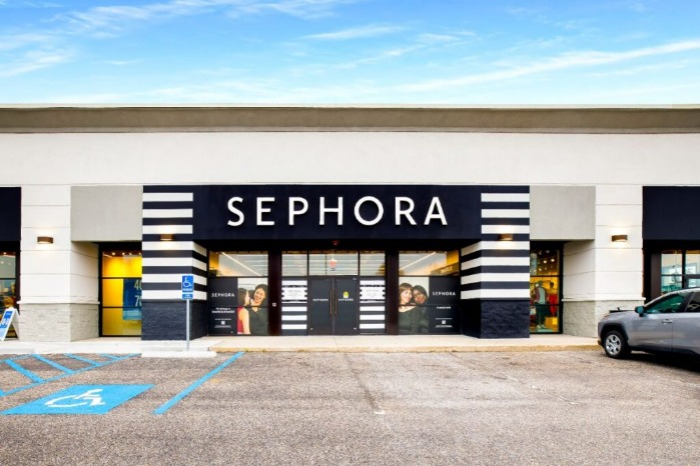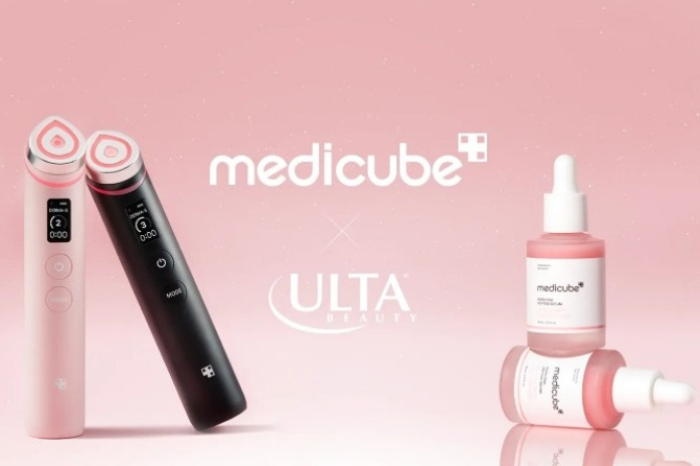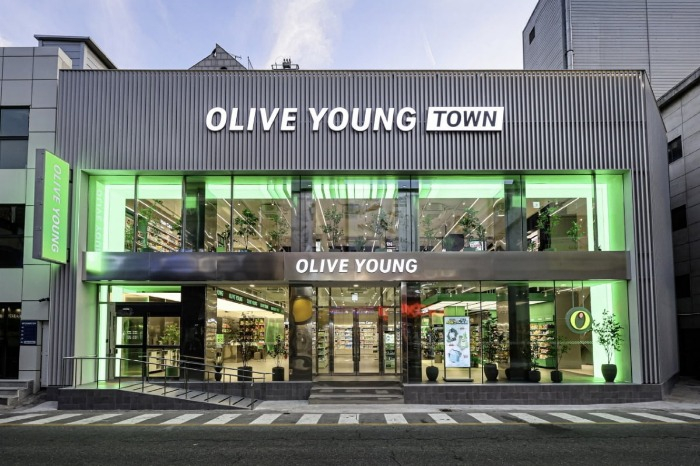
A K-beauty showdown is brewing in the world’s largest cosmetics market as Sephora and Ulta Beauty race to lock in exclusive deals with South Korea’s hottest skincare and cosmetics brands, tightening their grip on US shelves ahead of Olive Young’s long-anticipated arrival.
The two US beauty retail giants have each signed agreements granting them sole offline rights to sell fast-growing Korean brands popular among younger consumers.
Sephora now exclusively carries products of Beauty of Joseon, owned by Goodai Global Inc., as well as Amorepacific Corp.’s Hanyul and its derma label Aestura.
Ulta has secured APR Co.’s Medicube beauty devices and skincare products, along with Anua by The Founders Inc., under similar terms, according to industry sources.
The exclusivity arrangements, which typically last at least two years, effectively block rival chains from selling the same products.
That gives Sephora and Ulta a first-mover advantage as K-beauty goes mainstream in American retail.
Sephora, owned by LVMH Moët Hennessy Louis Vuitton, has evolved from a French beauty retailer founded in 1970 into a global powerhouse operating more than 3,200 stores in 35 countries, including over 1,800 across the Americas.

Ulta Beauty, its main US rival, runs over 1,400 stores in the country, offering a mix of mass-market and prestige brands.
K-BEAUTY BECOMES A NEW BATTLEGROUND
Once driven largely by online sales through Amazon.com, Korean cosmetics and personal care products have rapidly expanded into brick-and-mortar channels in the US as demand from local consumers surged.
The country’s major retailers now view K-beauty as a key growth engine and brand differentiator in an increasingly crowded market.
Traditional retail giants Target and Walmart have expanded their K-beauty shelves to capitalize on the trend, pushing the top beauty retailers to sharpen their edge.
Sephora recently partnered with Uber to pilot 25-minute deliveries, underscoring how far it is willing to go to defend its market share.
“Exclusive partnerships with trending brands prevent competitors from carrying the same products and have become an effective defense strategy,” said an executive at a major beauty distributor in Seoul.
For Korean brands, exclusivity can also be a winning strategy, offering instant access to thousands of physical stores across the US and heightened visibility among local shoppers in the market.

STRATEGIC RETHINKING AT OLIVE YOUNG
Industry analysts say the timing of Sephora and Ulta’s K-beauty land grab is no coincidence.
CJ Olive Young Corp., operator of Korea’s largest health and beauty store chain, plans to open its first US outlet in Los Angeles in the first half of next year, also its first brick-and-mortar store outside Korea.
Already well known among global beauty enthusiasts for its curated selection of Korean products, Olive Young is expected to target millennial and Gen Z shoppers with its multi-brand format in the US.
But with Sephora and Ulta already tying up marquee names such as Beauty of Joseon, which is also the world’s best-selling Korean sunscreen, and Laneige, Olive Young faces a tougher US debut than initially expected.
Shut out from established favorites, the Korean retailer is reworking its US strategy around smaller, lesser-known Korean brands not yet distributed in the market.
Olive Young is also considering promoting emerging American indie beauty labels to set itself apart from established competitors.
By Sun A Lee and Solee Lee
suna@hankyung.com
Sookyung Seo edited this article.















